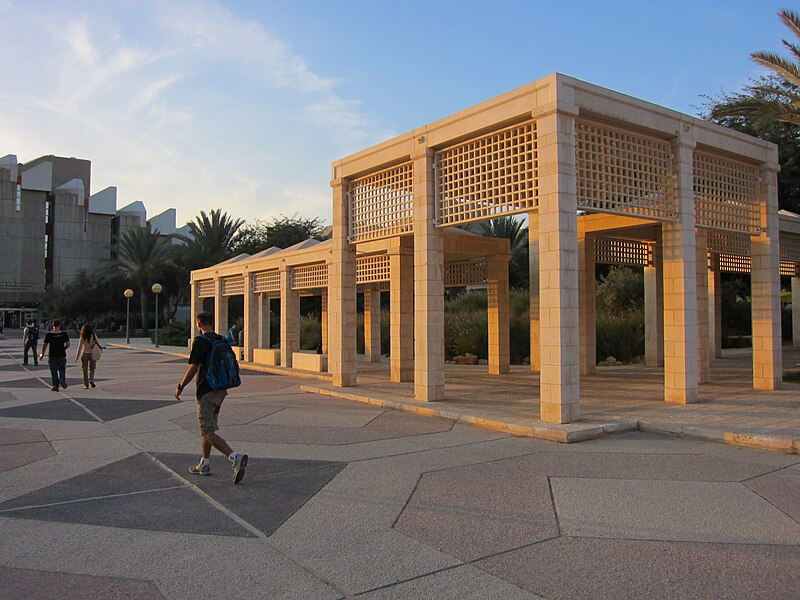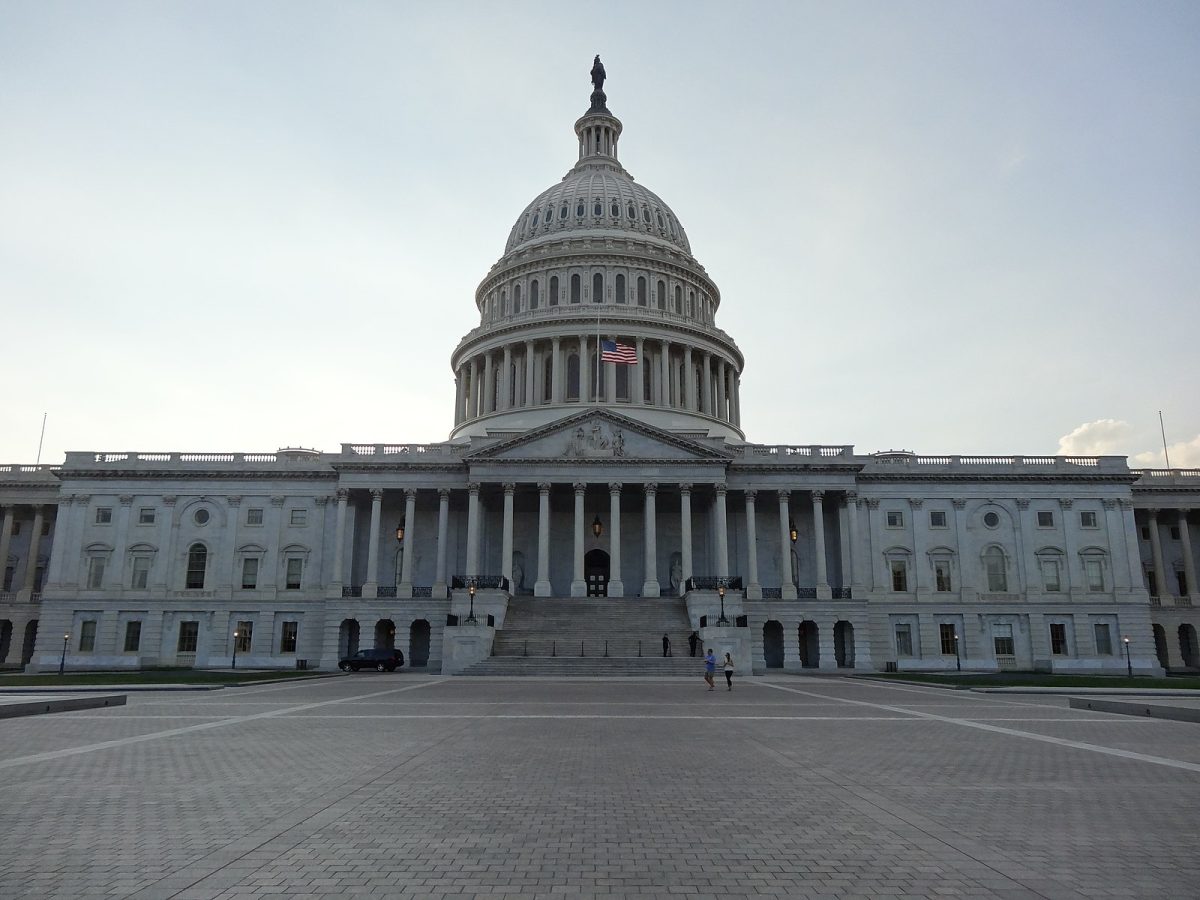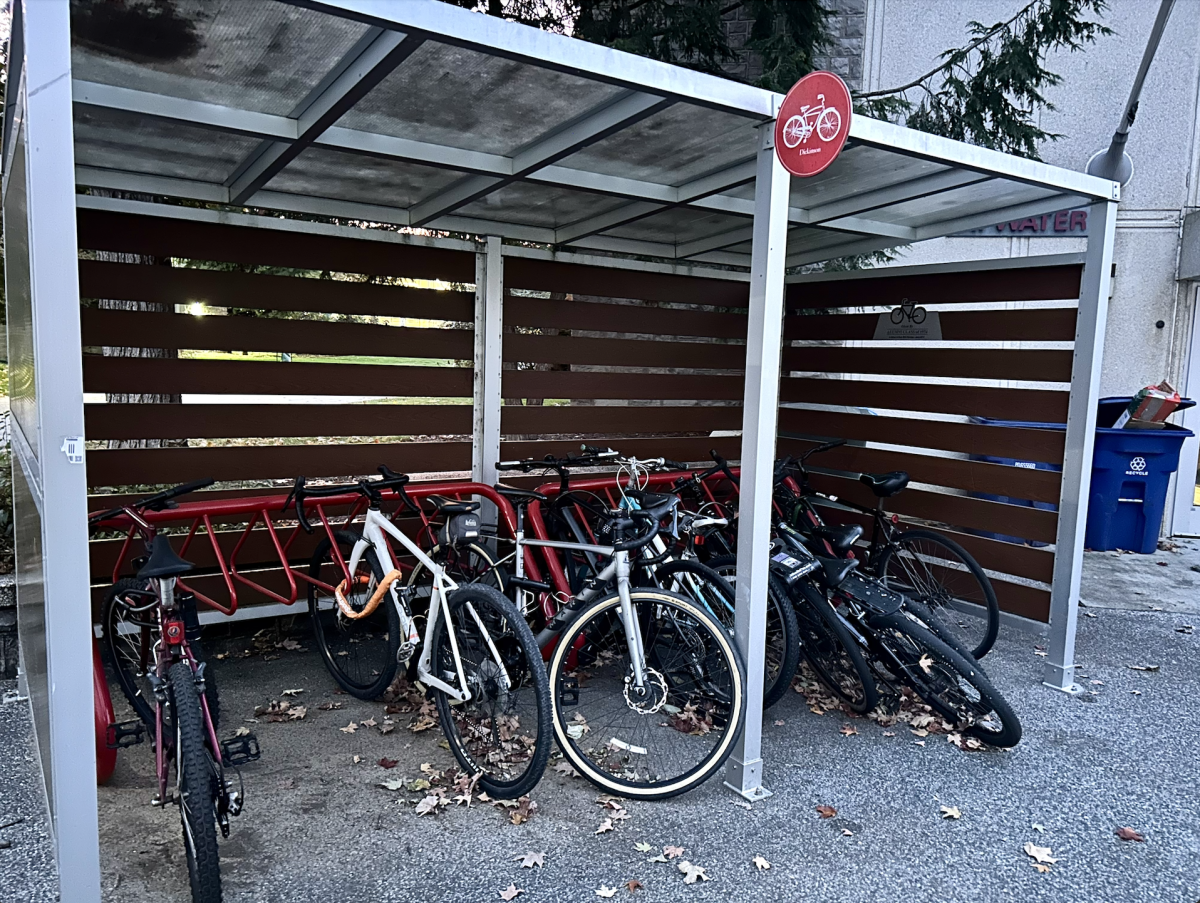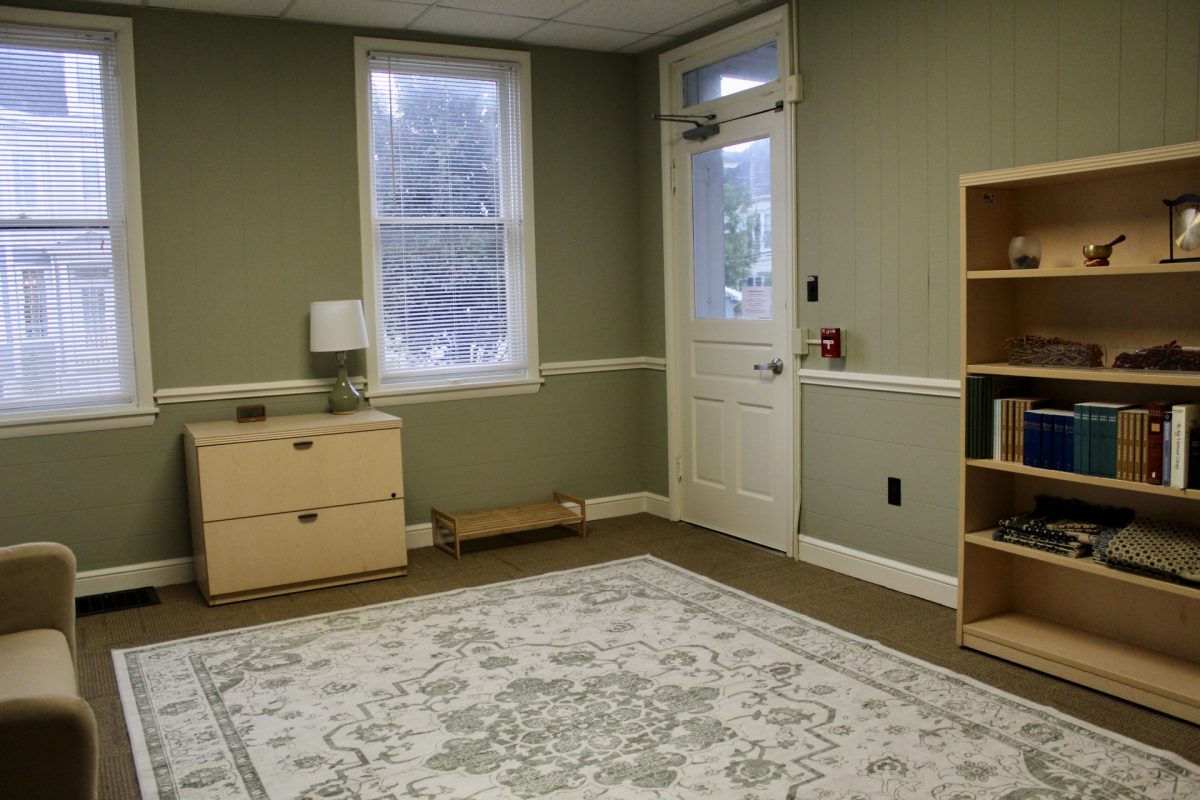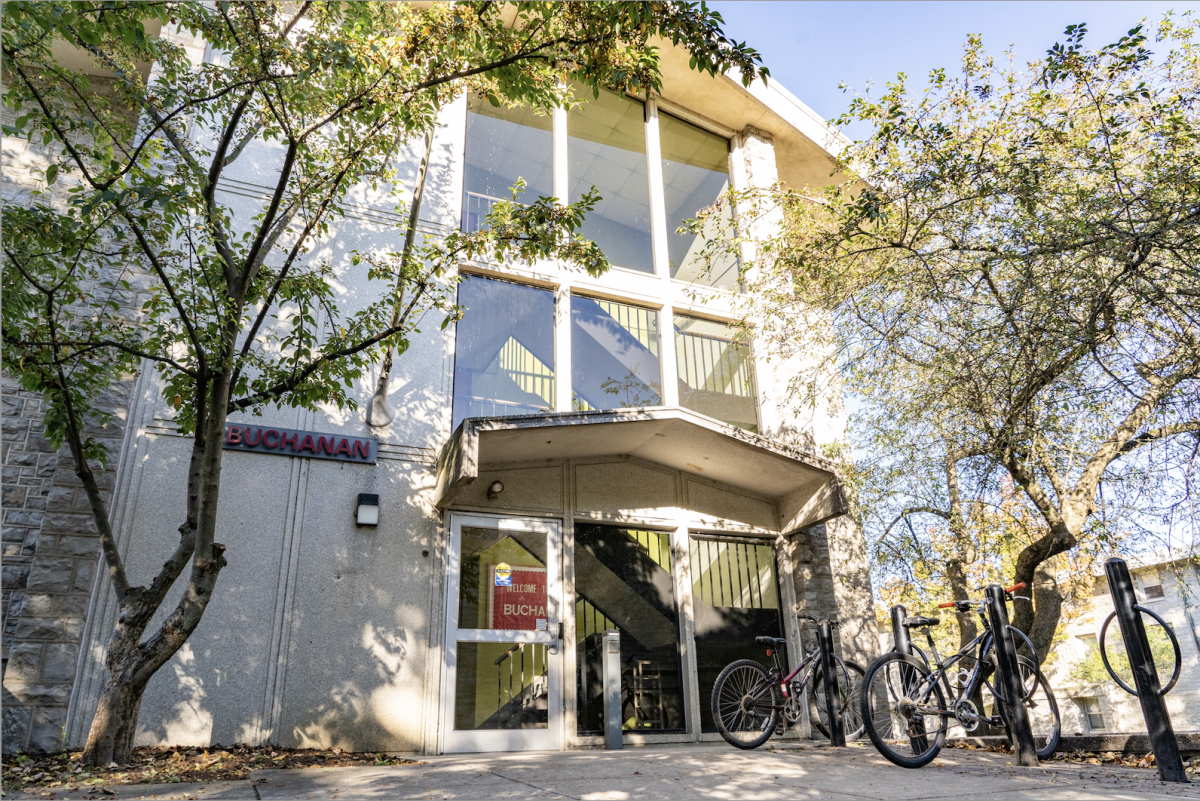After not sending any students since study abroad reopened in fall 2021, Dickinson’s study abroad programs in Israel have been put on hold due to the latest Israel-Hamas war.
The Center for Global Studies & Engagement (CGSE) offers Israeli programs at three different schools—Hebrew University in Jerusalem, Arava Institute in Ketura and Ben-Gurion University of the Negev in Be’er Sheva. Ben-Gurion, which is located in Israel’s fourth largest city and considered one of the country’s premier research institutes, is only 13 miles from the West Bank and roughly 25 miles from the Gaza Strip. Due to its proximity, many of the school’s community members were impacted by the attacks on Oct. 7, with the school’s death toll continually rising.
Since the beginning of the war, the State Department has designated Israel and the West Bank with a Level 3 travel advisory, which notifies travelers to “avoid travel due to serious risks to safety and security,” in relation to terrorism and civil unrest in the region. Gaza is designated with the highest travel advisory given by the United States, Level 4, due to “life-threatening risks” in the area. Along with terrorism and civil unrest, Gaza is also noted for ongoing armed conflict.
“We don’t typically support study abroad when there’s a [Level 3] advisory, particularly for partner programs when it’s our own program and we know that we’re on the ground doing all the vetting,” said Samantha Brandauer ’95, Associate Provost and Executive Director of CGSE.
Dickinson has operated in countries with Level 3 advisories before, such as Russia. “Travel advisories are not all the same—is it about war, is it about political unrest, is it about the safety of U.S. students in particular,” said Brandauer. Due to the different reasons travel advisories are given out, and many other factors playing a role in creating and running a study abroad program, Brandaurer said “it’s never the only thing that we look at.”
The programs offered in Israel are available for a wide variety of Dickinson’s academic majors, but there are programs in other countries that can cover the majors that would be more specialized for Israel. “There are definitely some of our partners and programs in Europe where students can do any Jewish studies,” said Brandauer.
Brandauer also said that “we’re sending many more students to Jordan because they’re doing Arabic than we are sending students to Israel” for those who want to focus on Arabic or Middle Eastern studies. This semester, there are currently no students in Jordan either, but it has historically been more active than the Israeli program.
Once the travel advisory for the region is lowered, which will likely be based on the state of the conflict, study abroad in Israel should reopen. Brandauer also said that “the other thing that happens of course with conflict is that families and students reconsider their thinking and options” when it comes to study abroad, which could entail students choosing a different location to study in or not studying abroad.
Those who are interested in learning more about the state of the Israeli study abroad programs can contact the Center for Global Studies and Engagement at [email protected].



